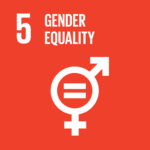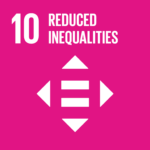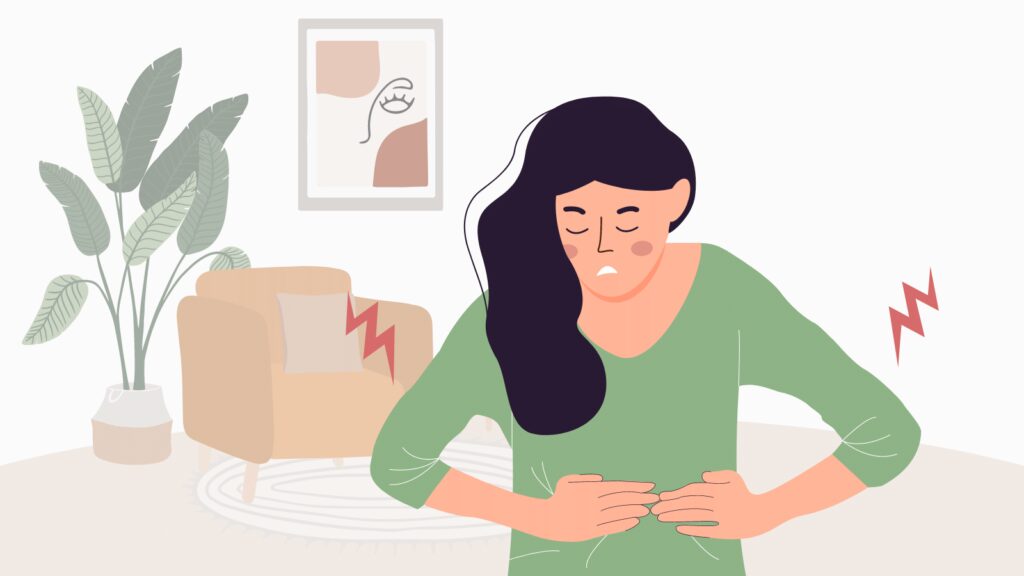“It’s normal to be in pain when you’re on your period”… not it’s not !
Menstruators, sometimes we’re confused about how to explain menstrual cramps or menstrual pain or whatever it is, like saying “repeatedly getting stabbed or punched in the stomach.” Try to explain this to other people (especially men).
We are worried that our friends or coworkers will dismissively diagnose us with female “conditions,” being “sensitive,” “dramatic,” or “short-tempered,” Often, we hold it down and choose to suffer in silence. Well, well, news flash! Menstrual pain is the greatest cause of women’s missed work and school time both in oh-so-advanced “developed” and in ‘developing’ countries.
We are worried that our friends or coworkers will dismissively diagnose us with female “conditions,” being “sensitive,” “dramatic,” or “short-tempered,” Often, we hold it down and choose to suffer in silence. Well, well, news flash! Menstrual pain is the greatest cause of women’s missed work and school time both in oh-so-advanced “developed” and in ‘developing’ countries.
RELEVANT SUSTAINABLE GOALS



Normalising Menstrual Pain
Did you know that menstrual pain is almost like having a heart attack? Professor John Guillebaud confirmed from University College London that menstrual cramps or Dysmenorrhea are as painful as a heart attack. Ibuprofen is “not good enough” to prescribe according to medical advice.
Menstrual pain, usually begins a couple of days before the period date, and sometimes continues for two days after it. Menstruators (people who menstruates) generally experience cramps in their lower abdomen and back, ranging from mild throbs to severe aches. The reason for period pain is associated with prostaglandins, chemicals that women’s uterus’ tissue lining produce to help the uterus contract during the menstruation cycle. Varying levels of prostaglandins’production in the body can determine the intensity of the pain.
Around the world, menstruators face various challenges because of their menstruation, from the lack of hygiene products to not knowing what their bodies feel like. There’s also a challenge when moderate to severe menstrual pain is considered normal, causing a misdiagnosis of a medical condition.
Menstrual Leave Entitlement In Indonesia
It turns out that female workers in Indonesia have Menstrual Leave Entitlement. Menstrual Leave for female workers is regulated in Law Number 13 the Year 2003 article 81 paragraph 1 concerning Labour which states that female workers or laborers who feel pain during menstruation and notify the employer are not obliged to work on the first and second day of menstruation. This regulation is granted considering the different health conditions of female workers during menstruation.
What happens if the company does not provide menstrual leave rights for its female workers? Don’t worry, ladies; there are sanctions regulated in Article 186 of the Labour Act, which states that companies are subject to a minimum imprisonment of 1 month and a maximum of 4 years. They can also be fined a minimum of 10 million rupiah and 400 million.
Although only 59% of Indonesian female workers admit to their superiors that menstrual pain or Dysmenorrhea affects their performance, another 22% chose to use other reasons. Meanwhile, another 21% did not say any of the two reasons. This happened because it is still taboo in Indonesian society to mention or talk about menstruation when in fact, it is just a normal thing that happens to every woman around the globe. Therefore, Indonesia needs to normalize the topic of menstruation, like how it’s normal to talk about heart attacks.
Schools in Indonesia still lack medical and hygiene facilities for their female students. As a result, it’s hard for female students to take care of themselves during menstruation, such as lack of clean water, no clean soap, and unclean toilets. In 2020, the Deputy Minister of Women’s Empowerment and Child Protection for Child Development, Lenny N. Rosalin, SE, MSc, Mfin, conveyed the importance of menstrual hygiene management for girls.
This happens to girls; girls are expected to use clean, sanitary napkins, have access to disposal, so at school, how are toilets, soap, and water for self-cleaning available or not at school,
( Lenny N. Rosalin) Indonesia Deputy Minister of Women's Empowerment and Child Protection for Child Development
Well, that makes sense. It was hard for us girls to self-clean during menstruation when I was at school because of the lack of clean facilities. Sometimes we choose to buy bottled water rather than water from the school toilet. It’s been a long time tho, so I don’t know the current state of my school. The last time I checked, which was three years ago, the toilet was much better than it used to be.
You may also be interested in :
10 Inspiring Social Justice And Activism To Follow On Instagram


